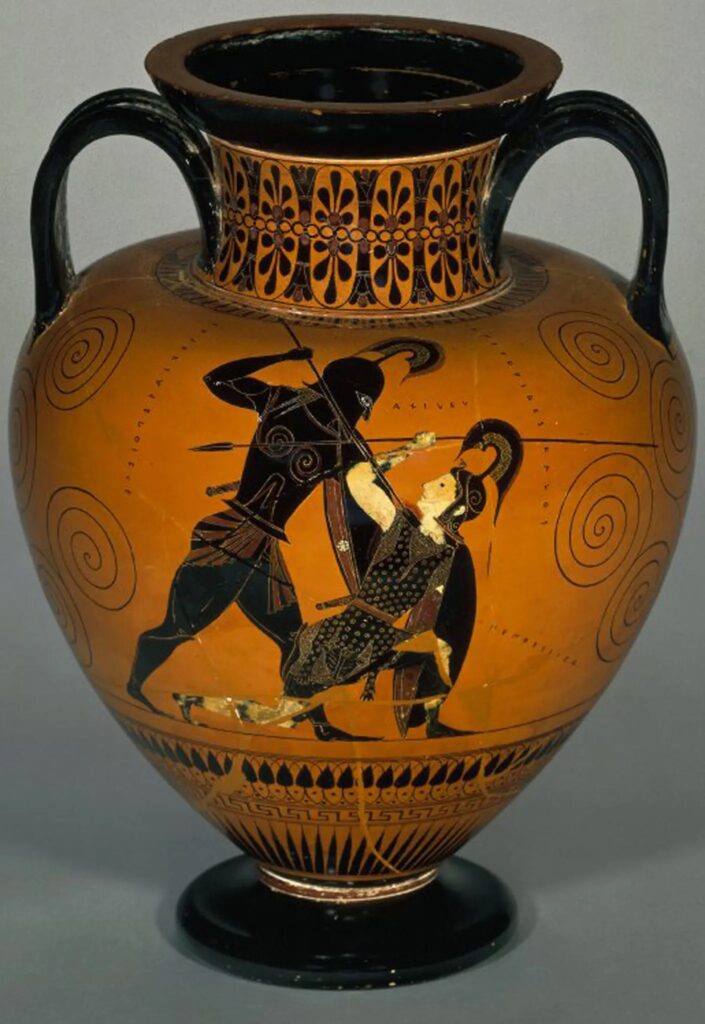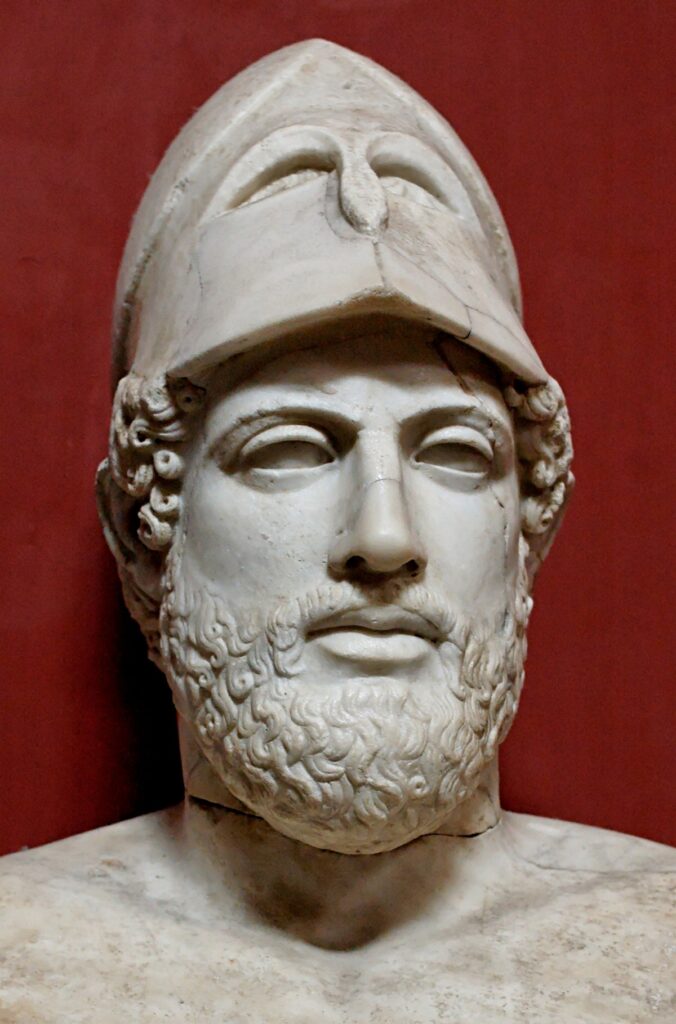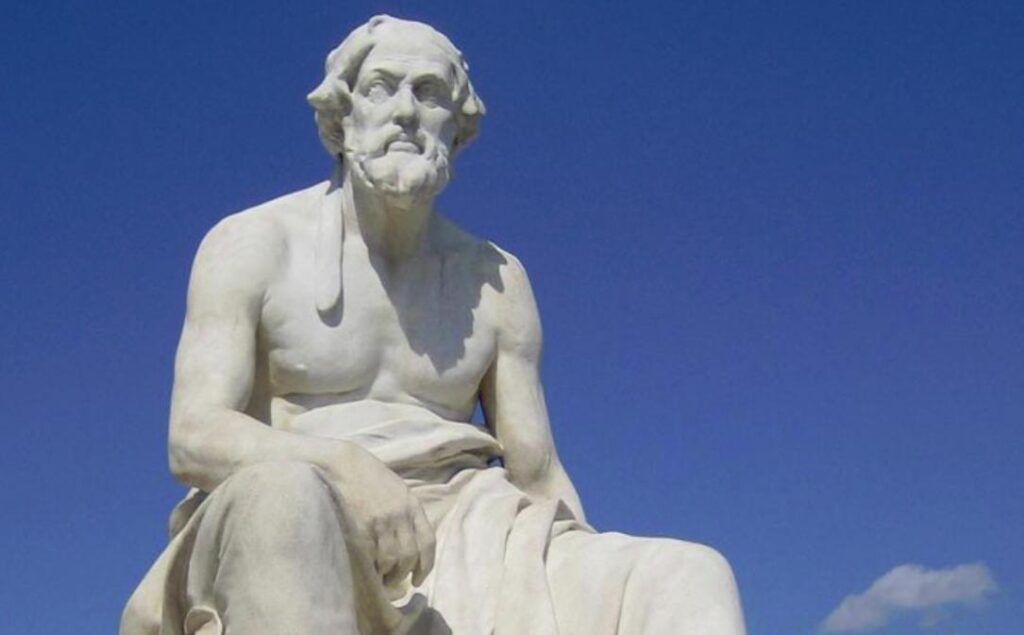Greeks Doubt Eulogies
Reading Time: 2 minutes.
From the Athenian funeral oration of Pericles during the Peloponnesian War (431 BC to 404 BC), why eulogies are inadvisable even though the audience demands one:
Our belief in the courage and manliness of so many should not be hazarded on the goodness or badness of one man’s speech. Then it is not easy to speak with a proper sense of balance, when a man’s listeners find it difficult to believe in the truth of what one is saying. The man who knows the facts and loves the dead may well think that an oration tells less than what he knows and what he would like to hear: others who do no know so much may feel envy for the dead, and think the orator over-praises them, when he speaks of exploits that are beyond their own capacities. Praise of other people is tolerable only up to a certain pint, the point where one still believes that one could do oneself some of the things one is hearing about. Once you get beyond this point, you will find people becoming jealous and incredulous. However, the fact is that this institution was set up and approved by our forefathers, and it is my duty to follow the tradition and to do my best to meet the wishes and the expectations of every one of you.
Thucydides, History of the Peloponnesian War (Penguin 1972) at 144:35
As someone noted, at contemporary funerals one learns much of the eulogist; something of the deceased; and almost nothing of God.


